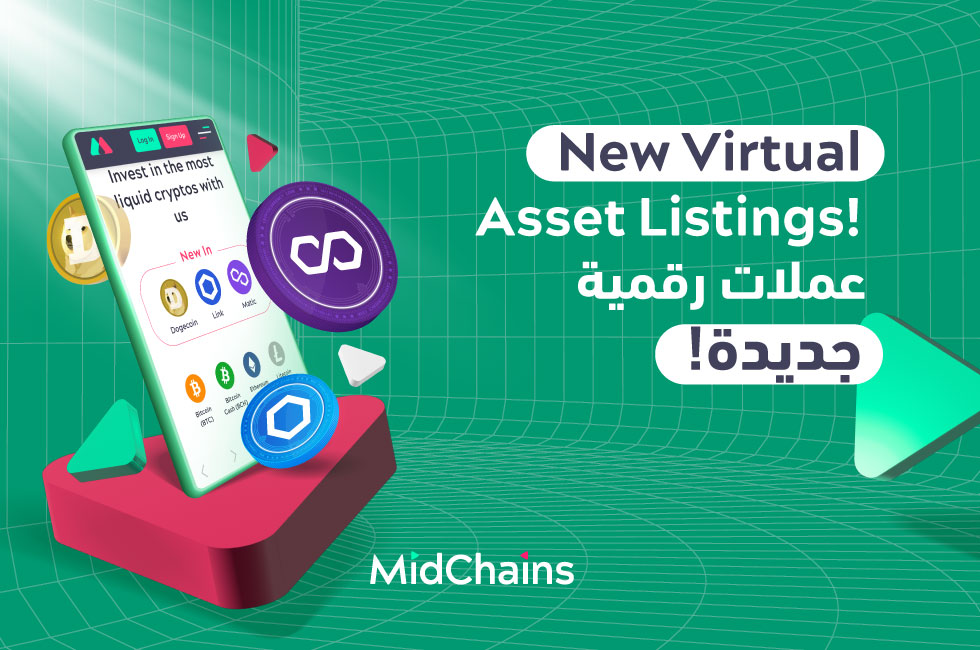We live in a world where the Internet and the technologies are no longer a luxury but the main factor in our lives. We are surrounded by a lot of different technology devices, such as smartphones, PCs, smart vehicles, etc., and we cannot imagine our world without them. Among all of the new things that appear each day, we are introduced to the distributed ledger. For example, blockchain is the basis of the distributed ledger. So, what is a distributed ledger and how it works?
We all have heard about ledgers as a base of accounting. Ledger accounts are used for storing balance sheet and transactions. They are here since ancient times, and they are the basis of economic payments and contracts. However, over the last decade, technology has taken over all of the aspects in economics and it has provided a new way of keeping records and maintaining ledgers.
Today we are looking at a new type of ledgers – distributed ledgers.
A distributed ledger is a database managed by each participant in a decentralized network, and it is shared and synchronized between the participants (nodes) in the network. The distributed ledger works by registering the transactions between the members in the network. The transactions are not connected to any government or a bank, but they are independent and held by the participants (nodes).
In other words, the distributed ledger allows each node to process any transaction and to come to their own conclusion. After that, there is voting on the conclusions in order to make sure that most of the members agree with the conclusions. When this is finished, the distributed ledger is updated, and all of the participants receive an identical copy of the ledger.
If there is any change made to the ledger, it is immediately copied to all participants. All information in the distributed ledger is securely stored with the help of cryptography, and participants can access it only with cryptographic keys or signatures.
Due to their decentralized nature, distributed ledgers are much better than the centralized ledgers, and they are much safe when it comes to hacking attacks. Distributed ledgers are hard to hack because all of the copies must be hacked in order for the hack to be successful.
Distributed ledgers are likely to transform the way governments, banks, institutions and organizations are working. They are able to make everything easier and simple, such as tax collection, passports issuing, licenses issuing, voting procedures, etc. It is expected that in the future, the old-fashioned centralized ledgers will become decentralized.
Following the success of distributed ledgers, Midchains is aiming to build the next generation digital asset exchange which will enable cryptocurrency trading accessible to everyone. It is a trading and financial technology company focused on the needs of professional traders and cryptocurrency experts.
The introduction of distributed ledgers has changed the way on how information is collected and transferred. Distributed ledgers are useful for both static and dynamic data. They allow us to learn how to manage a system of records, not only to maintain a database.



